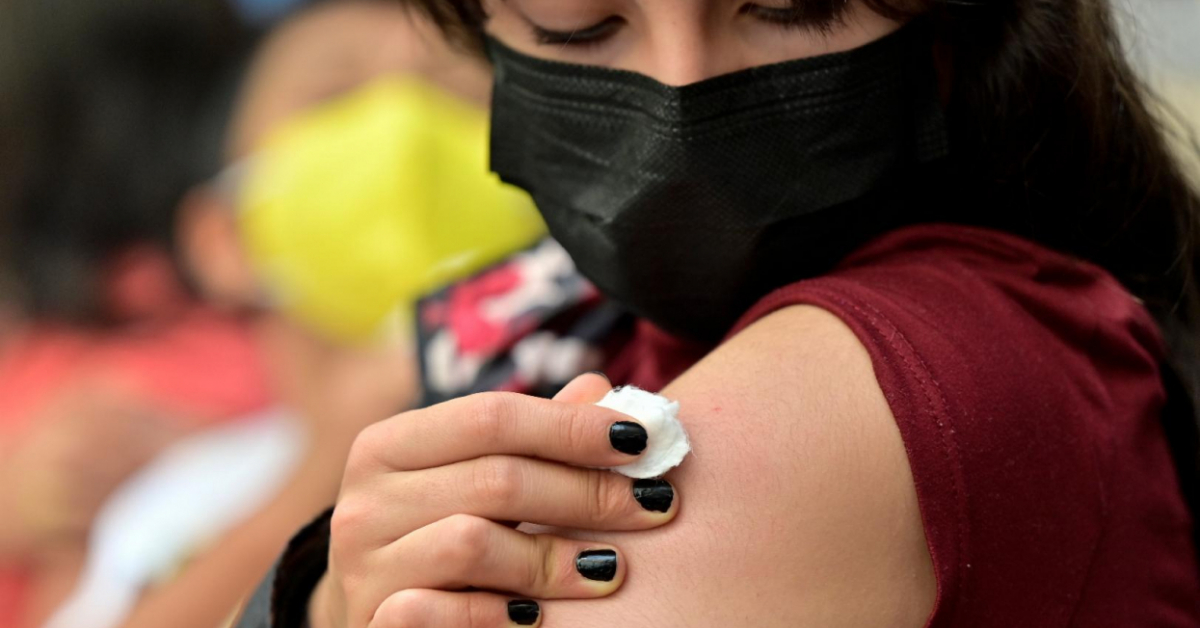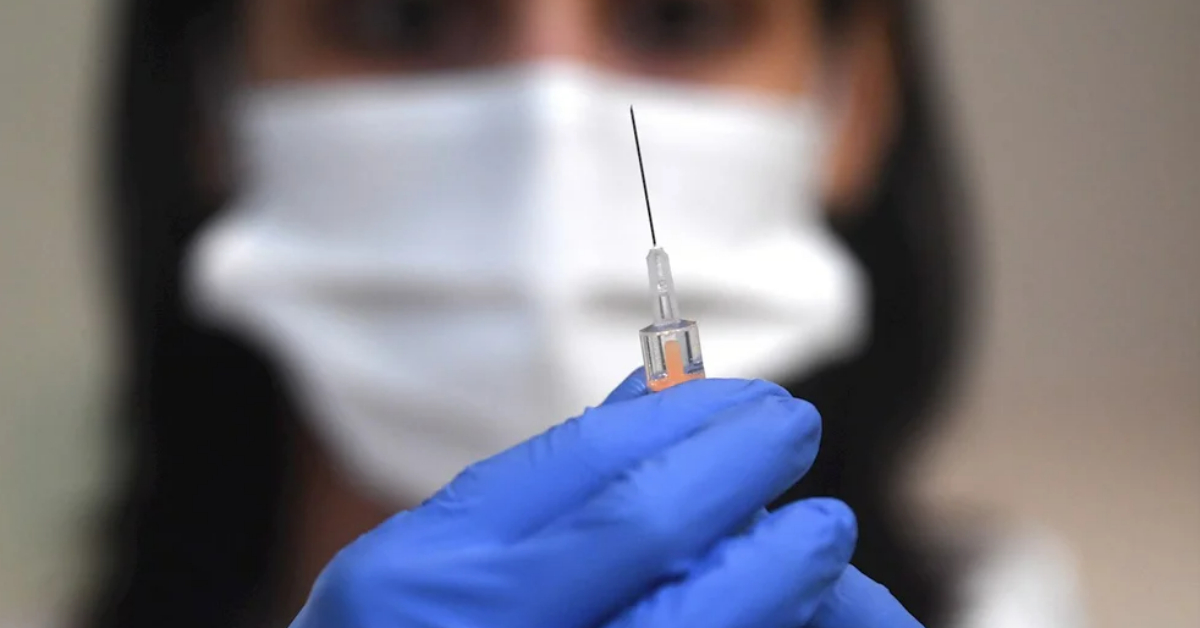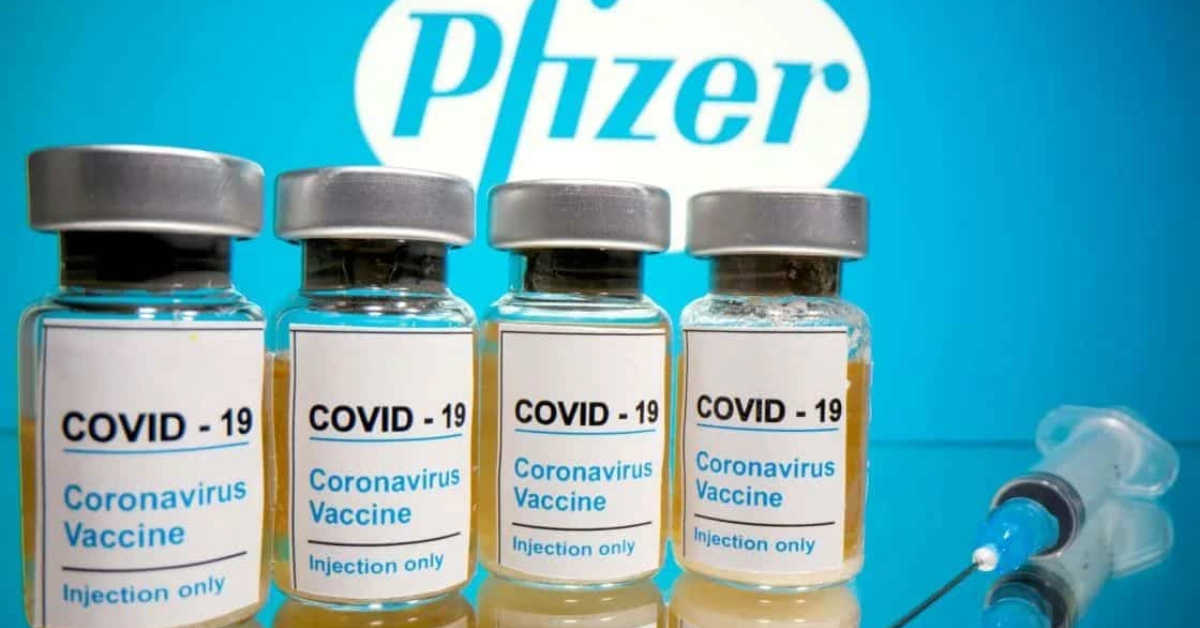Doctors from the Centro de Investigación Biomédica de Occidente (CIBO) in Jalisco are working on a treatment that could inhibit the impact of COVID -19 in humans. It is a substance of various compounds such as antioxidants and anti-inflammatory elements.
"It has properties that could modulate the behavior of one of the most important proteins for the virus to infect," explained Luis Felipe Jave, senior researcher at CIBO.
The treatment, called Vita Deyun, promoted by Jalisco entrepreneurs, helps the protein in the body's cells that allow the entry of the coronavirus . . .






